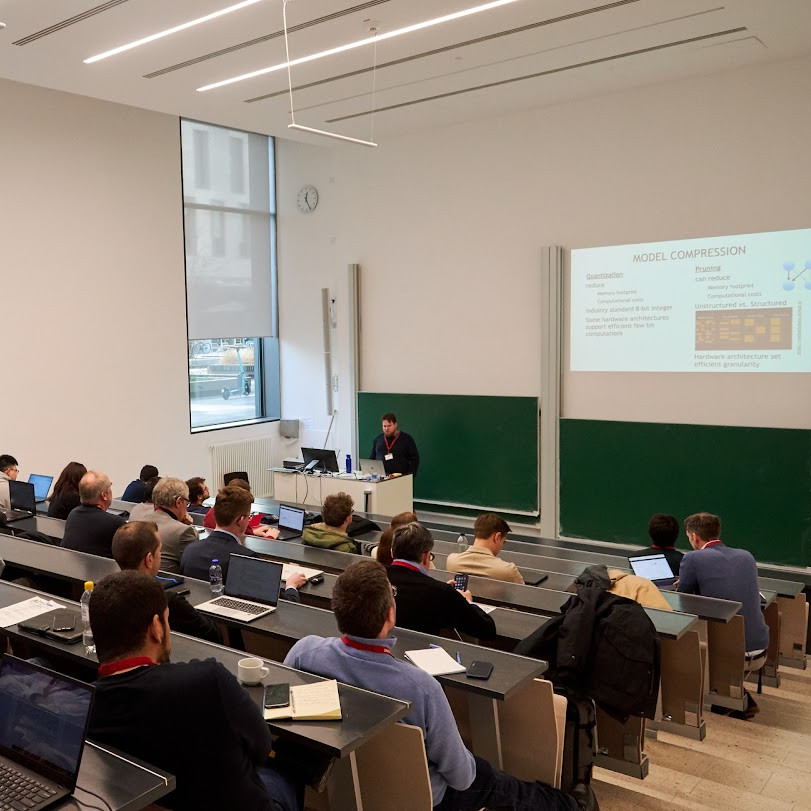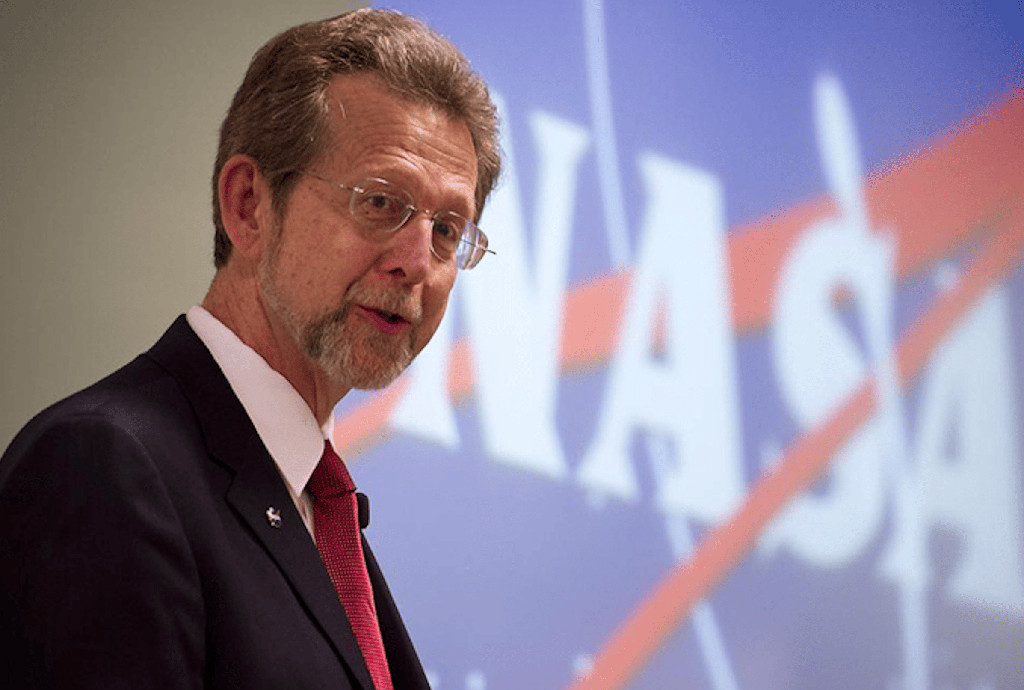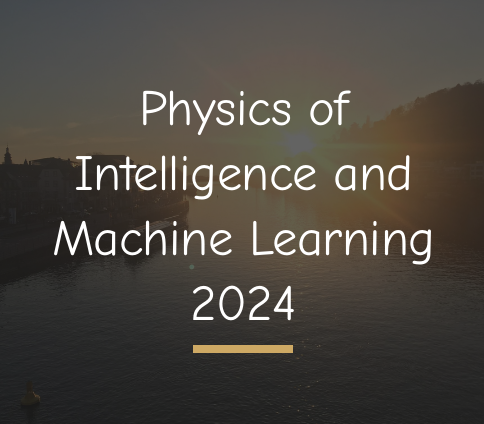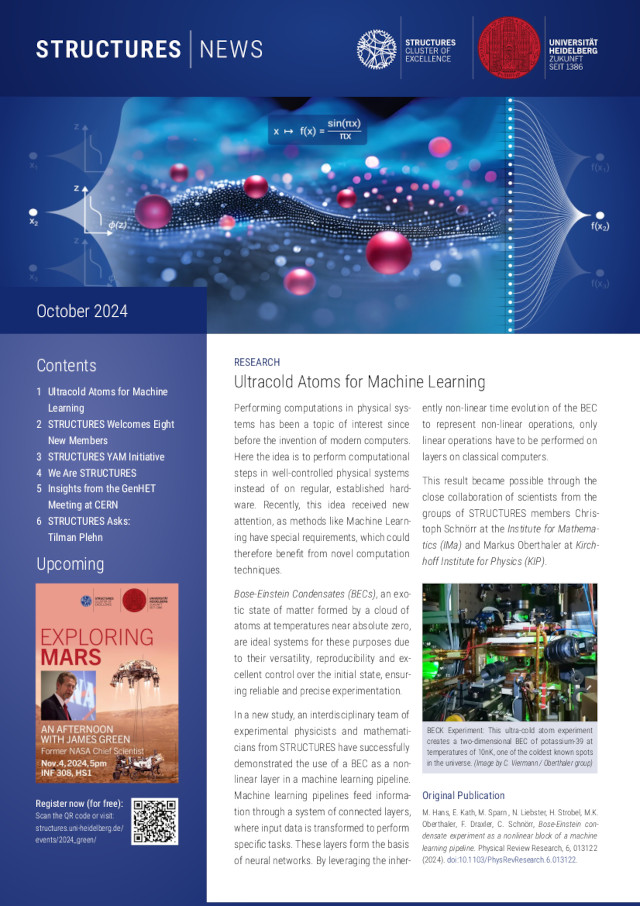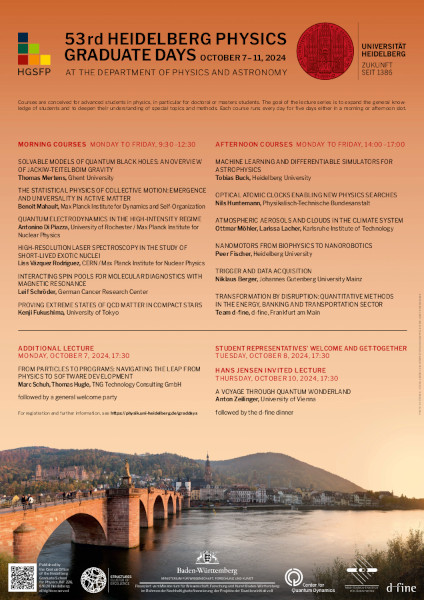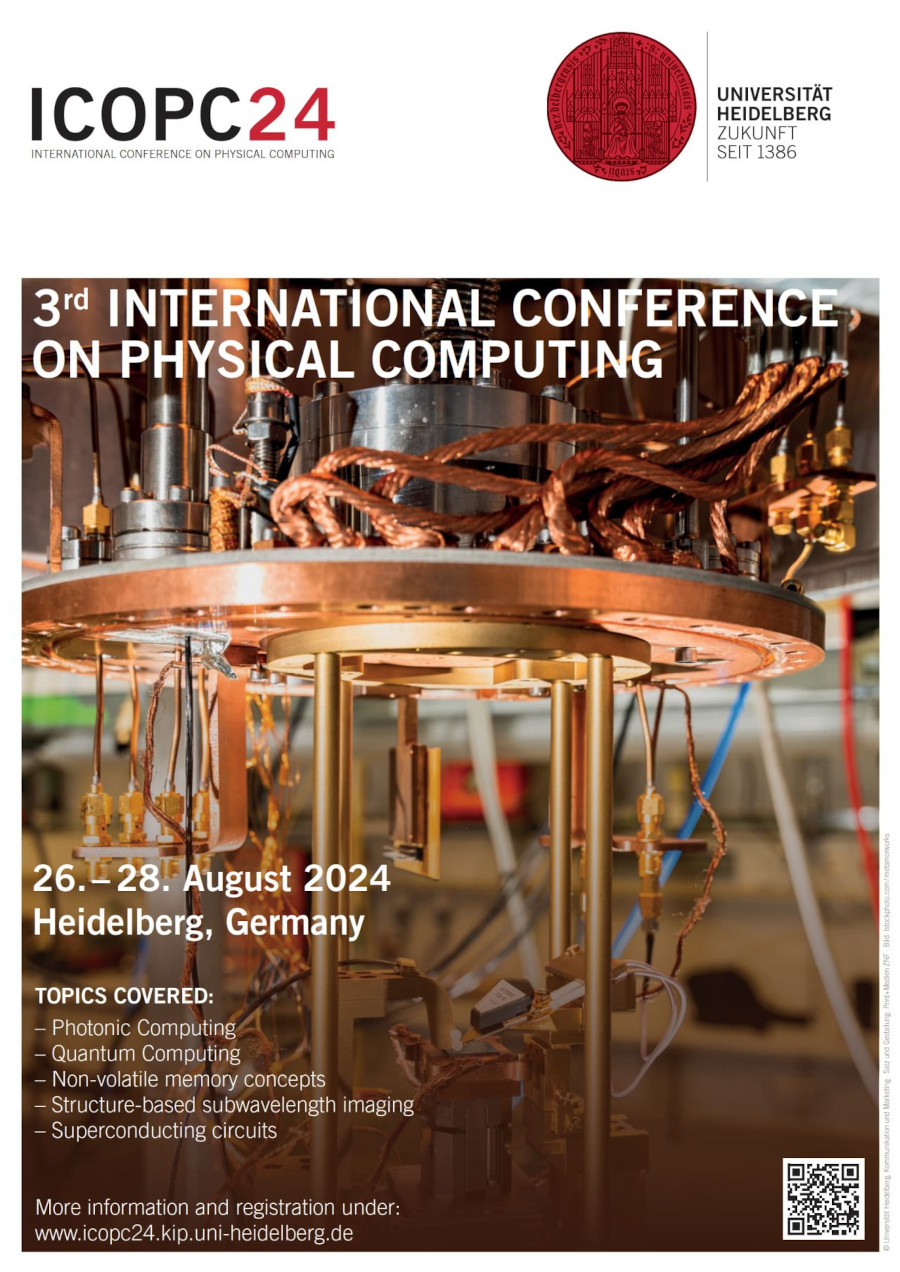Newsroom
Stay informed with our latest news and announcements on this page. For more in-depth content, we also encourage visitors to explore our bimonthly STRUCTURES Newsletter magazine, which features a variety of articles, interviews with members, and background information on our latest research and activities.
We are happy to announce that the fifth workshop on embedded machine learning (WEML) will take place on November 29th, 2024. The workshop is jointly organized by Heidelberg University, University Duisburg-Essen, Graz University of Technology, and Materials Center Leoben, and embraces our joint interest in bringing complex machine learning models and methods to resource-constrained devices like edge devices, embedded devices, and IoT. The workshop is organized around a set of invited talks on topics associated with this interest. The workshop gears to gather experts from various domains and from both academia and industry, to stimulate discussions on recent advances in this area.
Further information:
- Workshop webpage at deepchip.org
- Local organizer: Holger Fröning (Website)
We are excited to welcome James Lauer Green, former NASA Chief Scientist, to Heidelberg for a public talk about Exploring Mars with Perseverance and Ingenuity on November 4, 2024, at 5:00 PM. The event will take place at the great lecture hall at Im Neuenheimer Feld 308 (HS1) and is organized and presented by Agustin Moreno (IMa) and the STRUCTURES Cluster of Excellence.
Participation is free of charge, but for organizational reasons, we kindly ask attendees to register via this link at your earliest convenience. More information on the talk can be found below:
Talk Abstract:
Mars orbiters, landers, and rovers have made extraordinary discoveries about the evolution of Mars and its potential for life. At this time, it is clear, that the potential of ancient life on Mars has increased based on several discoveries. There have been many observed signs of ancient liquid water: surface and underground. There are past geological environments on Mars that had reasonable potential to have preserved the evidence of life, had it existed. The detection of complex organics by Curiosity has increased the potential for preserving “fingerprints of life” that may be locked away in the rock record. These and other factors have led NASA, with the support of other space agencies, to mount a Mars sample return (MSR) campaign. The first mission of MSR is the Perseverance rover. Designed to core and store rock, soils, and atmospheric samples in sealed tubes for later return, Perseverance landed in Jezero crater in February 2021 near an extensive ancient river delta. Other missions will follow to bring these samples back to Earth for further analysis. In addition, Perseverance carried the Ingenuity helicopter as a technology demonstration which has been tremendously successful and may lead to other future ariel missions on the Red planet.
In addition, on November 5, the symplectic working group at Research Station Geometry & Dynamics will host A Stellar Afternoon in Symplectic Dynamics, featuring a specialized talk by James Green for an expert audience. The event aims to explore aspects of the science behind space exploration, both from a theoretical and a practical viewpoint, with symplectic geometry playing a pivotal role. More information on this event can be found here.
James Green has worked at NASA for 42 years before retiring in December 2022. He has been NASA’s Chief Scientist and was the longest serving director of NASA’s Planetary Science Division with the overall programmatic responsibility for the New Horizons spacecraft flyby of Pluto, the Juno spacecraft to Jupiter, and the landing of the Curiosity rover on Mars, just to name a few. James has received the Exceptional Achievement Medal for the New Horizons flyby of the Pluto system and NASA’s highest honour, the Distinguish Service Medal. He has written over 125 scientific articles in refereed journals and over 80 technical and popular articles. In 2015, James coordinated NASA’s involvement with the film The Martian. In 2017 Asteroid 25913 was renamed Jamesgreen in his honour.
Weblinks:
- Event Webpage and Registration
- Agustin Moreno's Website
- STRUCTURES Contact: office@structures.uni-heidelberg.de
We are delighted to announce the workshop Physics of Intelligence and Machine Learning 2024 taking place from 14th to 18th October 2024. The workshop will bring together researchers from diverse fields to explore cutting-edge developments in machine learning theory and applications and to pursue the possibility of utilizing insights from theoretical physics, including quantum field theory, the classification by topological invariants, etc. for improving machine learning. The workshop will take place at the STRUCTURES Oberstübchen (Seminar room INF 225a). More details and registration information can be found on here. This workshop is jointly organized by the STRUCTURES Cluster of Excellence and the Japanese Cluster MLPhYs: Foundation of Machine Learning Physics.
Weblinks:
We are happy to present the 17th volume of the STRUCTURES Newsletter, featuring research news, background articles and interviews. The topics of this edition are:
- Ultracold Atoms for Machine Learning
- STRUCTURES Welcomes Eight New Members
- STRUCTURES YAM Initiative – A Year in Review and Looking Ahead
- We Are STRUCTURES
- Insights from the GenHET Meeting at CERN
- STRUCTURES Asks: Tilman Plehn
The STRUCTURES Project Management Office is happy to answer questions.
We are happy to announce the upcoming Heidelberg Physics Graduate Days, organized by the Heidelberg Graduate School for Physics (HGSFP) in collaboration with the STRUCTURES Cluster of Excellence. The courses take place from October 7 to 11, 2024, in the form of parallel block lectures in the mornings and afternoons.
The Heidelberg Physics Graduate Days, which take place biannually, serve as a dynamic platform for advanced students and researchers to broaden their perspective in physics by attending introductory courses on topics that are unfamiliar to them, or deepen their knowledge by attending specific courses that may be offered at a deeper level.
In addition to the block courses, the Department for Physics and Astronomy cordially invites interested participants and guests to the Hans Jensen Invited Lecture, which will be given by Prof. Anton Zeilinger, who will talk about “A Voyage through Quantum Wonderland” on Thursday, October 10, 2024 at 17:30.
Weblinks:
We are delighted to announce the 3rd International Conference on Physical Computing, taking place from August 26th to 28th in Heidelberg. The conference brings together stakeholders from diverse fields to discuss the prospects of using physical systems for information processing tasks in advanced computing, simulation and machine learning. The conference is a unique opportunity to discuss the latest developments in the physical computing field. Its theme is driven by the idea that physical concepts, functional materials and devices could be used to run computations directly, in contrast to using logic gates. There are several emerging themes and implementations of this concept, which we aim to cover in depth. The conference features talks by invited experts, a poster session for all participants as well as the opportunity for registering oral presentations or a symposium.
More information can be found on the conference web page at:
http://icopc24.kip.uni-heidelberg.de/
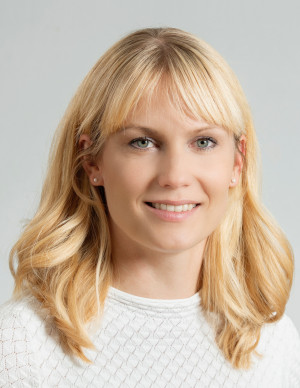
We are delighted to announce that our member Dominika Wylezalek, research group leader at the Centre for Astronomy (ZAH) of Heidelberg University, has been accepted as a new member of Die Junge Akademie at its annual ceremony on June 22. Throughout her five-year membership, Dr. Wylezalek will have the opportunity to initiate or join interdisciplinary research projects and working groups on topics such as climate change, science communication, and engaged science.
Founded in 2000 as the first academy for exceptional young academics, Die Junge Akademie brings together members from all scientific disciplines and the arts. The Academy explores the potential and boundaries of interdisciplinary work, fostering dialogue between science, art, and society, while driving discussions on science policy. Its 50 members collaborate on numerous joint initiatives, benefiting from a growing network of distinguished scientists and artists. In addition to research, members engage in projects that bridge science, art, and society, contributing their ideas to shape the future of the scientific community.
Further information and links:
